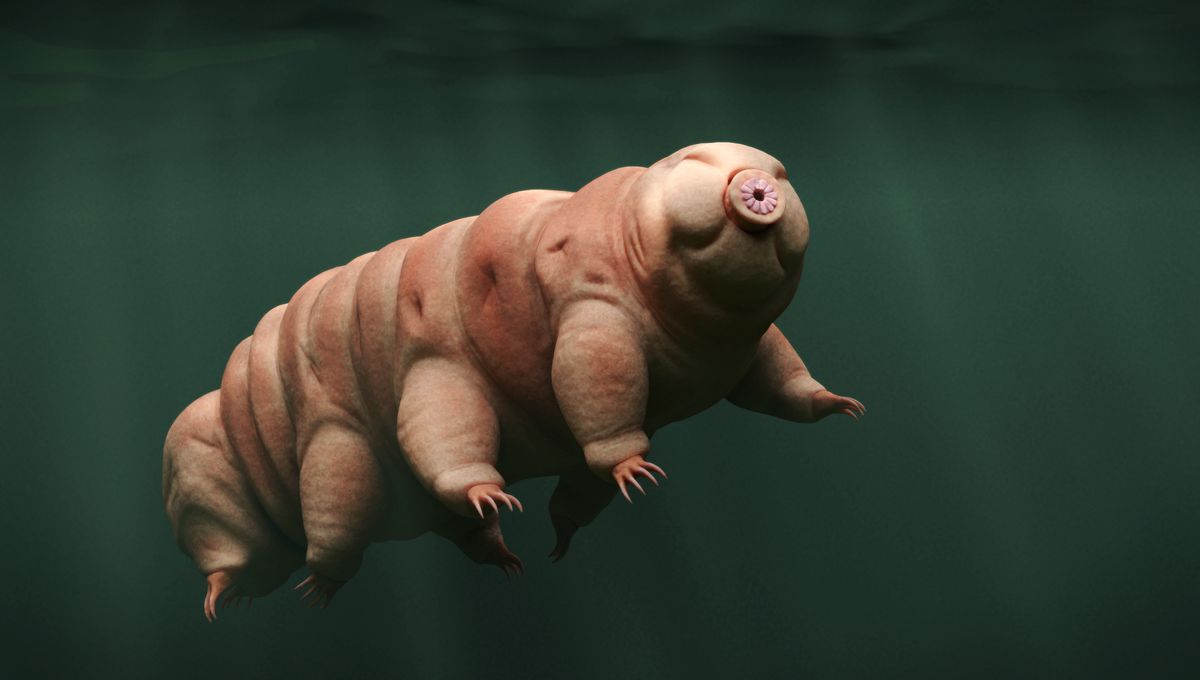
Imagine being capable of surviving being frozen to almost absolute zero as well as being put in a kitchen oven on the highest setting; going without water and food for decades; being blasted with radiation; and even being exposed to the vacuum of space (and maybe spread to the Moon). No humans can do that, but there is an animal that can: the tardigrade. And their secrets might help with treatments for humans.
When environmental conditions get tough, tardigrades get into a special type of suspended animation. They enter a state known as tun where their metabolism slows to 0.01 percent of its normal rate and they dehydrate themselves, losing up to 99 percent of their water. The proteins responsible for that transformation were introduced in human cells in the lab and started working in a way similar to how the tun state works.
The proteins kept the volume of the cells constant as they experienced environmental changes, and they also massively slowed down the metabolism of the cell. The former didn’t seem to do much in terms of cellular survival but the latter was very important.
“Amazingly, when we introduce these proteins into human cells, they gel and slow down metabolism, just like in tardigrades,” lead author Dr Silvia Sanchez-Martinez, from the University of Wyoming, said in a statement. “Furthermore, just like tardigrades, when you put human cells that have these proteins into biostasis, they become more resistant to stresses, conferring some of the tardigrades’ abilities to the human cells.”
The process was shown to be reversible, which is another excellent piece of news. The team is looking at how these proteins could be used in technologies or therapies that slow down the aging process. They also think it could be used for storing human cells over long periods of time, as well as making treatments available to people who don’t have access to refrigeration.
“Our findings provide an avenue for pursuing technologies centered on the induction of biostasis in cells and even whole organisms to slow aging and enhance storage and stability,” the researchers added.
The team, also led by Assistant Professor Thomas Boothby, has shown in previous research that both natural and engineered versions of tardigrade proteins can stabilize the pharmaceutical Human Blood Clotting Factor VIII. This compound is used to treat hemophilia and other conditions and by using tardigrades proteins, it doesn’t need refrigeration.
A paper describing the results is published in the journal Protein Science.
Source Link: Putting Tardigrade Proteins In Human Cells Slows Down Their Metabolism